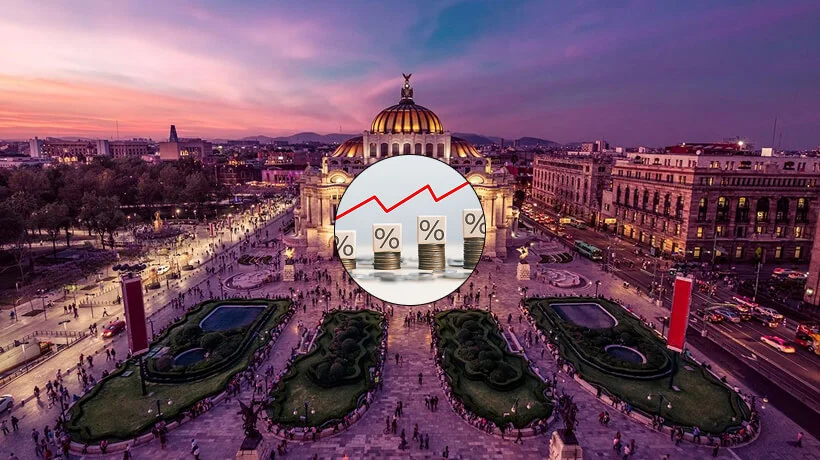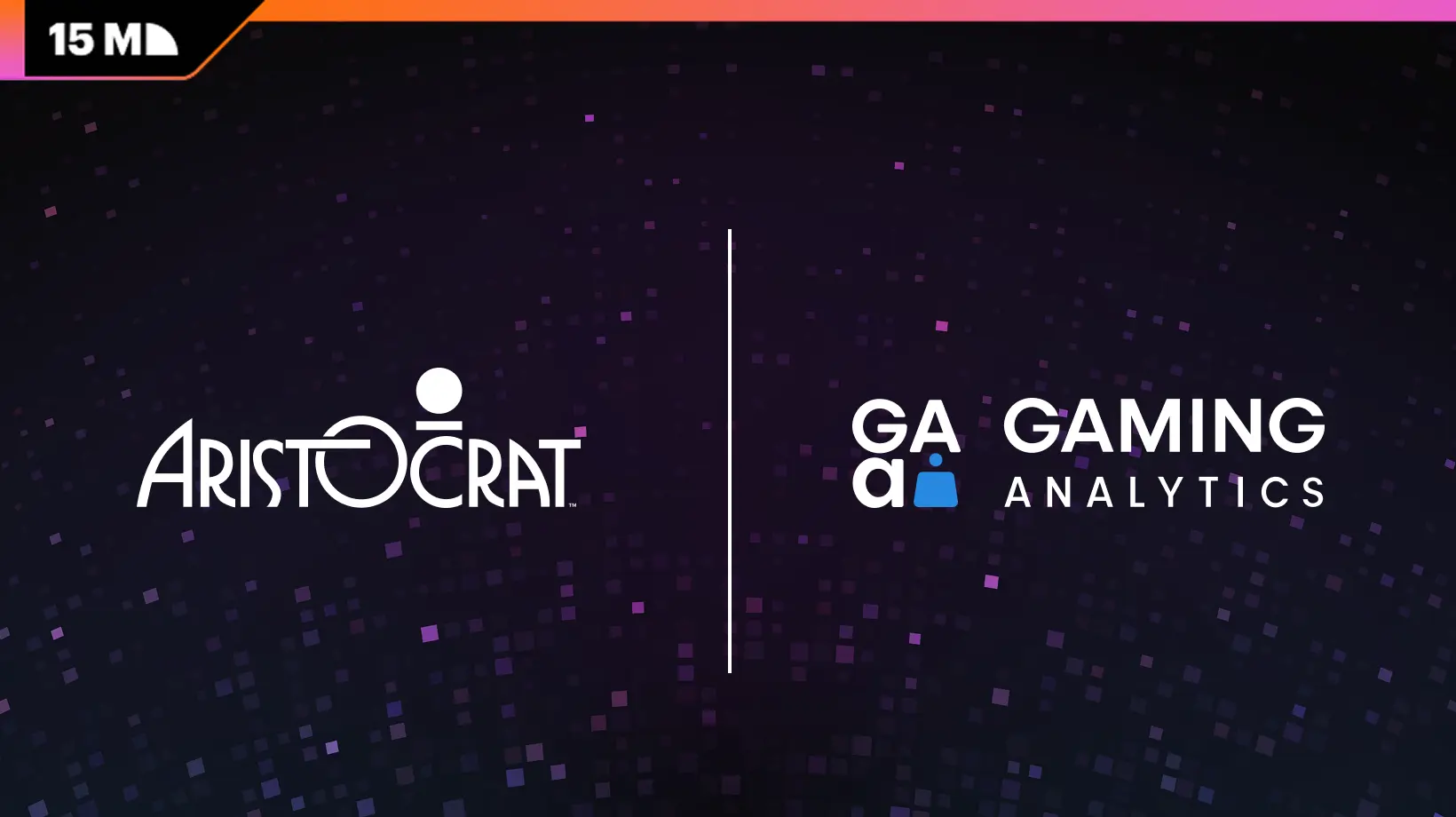The Finance and Public Credit Committee in Mexico’s Chamber of Deputies voted through the tax hike Tuesday. Committee President Carol Antonio Altamirano led the discussions. The bill affects betting operators, lottery companies, and video game publishers across Mexico.
The Federal Government backed the package as part of its health tax strategy. Gaming companies now face much higher costs starting next year.
Soft drink makers and tobacco firms also got hit with increased duties. The Special Tax on Production and Services (IEPS) covers all these sectors.
Why Deputies Pushed for Higher Gambling Taxes
The government wants more revenue while discouraging certain behaviours. Officials labelled these “health taxes” aimed at public wellbeing.
Betting and lottery taxes will jump from 30% to 50% under the plan. That’s a massive increase for operators already dealing with tight margins. The committee made some changes to the original proposal, though.
They cut the nicotine pouch tax from 200% down to 100%. Deputies worried the higher rate would drive illegal trade. Video games with violent content face a new 8% levy starting in 2026, and soft drink taxes are going up 87% next year.
What Changed During Committee Review
Lawmakers didn’t just rubber-stamp the government’s plan. They made adjustments based on industry feedback and enforcement concerns.
The nicotine pouch tax got reduced significantly. That decision came from black market worries. Committee members also added exemptions for oral rehydration solutions — but only if they meet World Health Organisation standards. That protects medical products from the beverage tax increase.
The package includes changes to Mexico’s Fiscal Code, too. Tax authorities get broader powers to fight invoice fraud. They can crack down harder on shell companies hiding income.
How This Reshapes Mexico’s Gaming Market
The reform heads to Congress next for final approval. If it passes, everything takes effect in 2026. That’s when the new Federal Revenue Law kicks in.
Betting operators need to plan for much higher tax bills. A 20-point jump in IEPS isn’t small change. Some smaller operators might struggle to stay profitable at 50%.
Mexico’s also working on a separate Gambling and Lotteries Law. That would modernise oversight and add player protections. So the industry faces regulatory changes on multiple fronts.
The tax hike aligns with broader public health goals. But it also boosts government revenue significantly. Whether Congress approves it remains unclear, though the committee vote suggests strong support.





